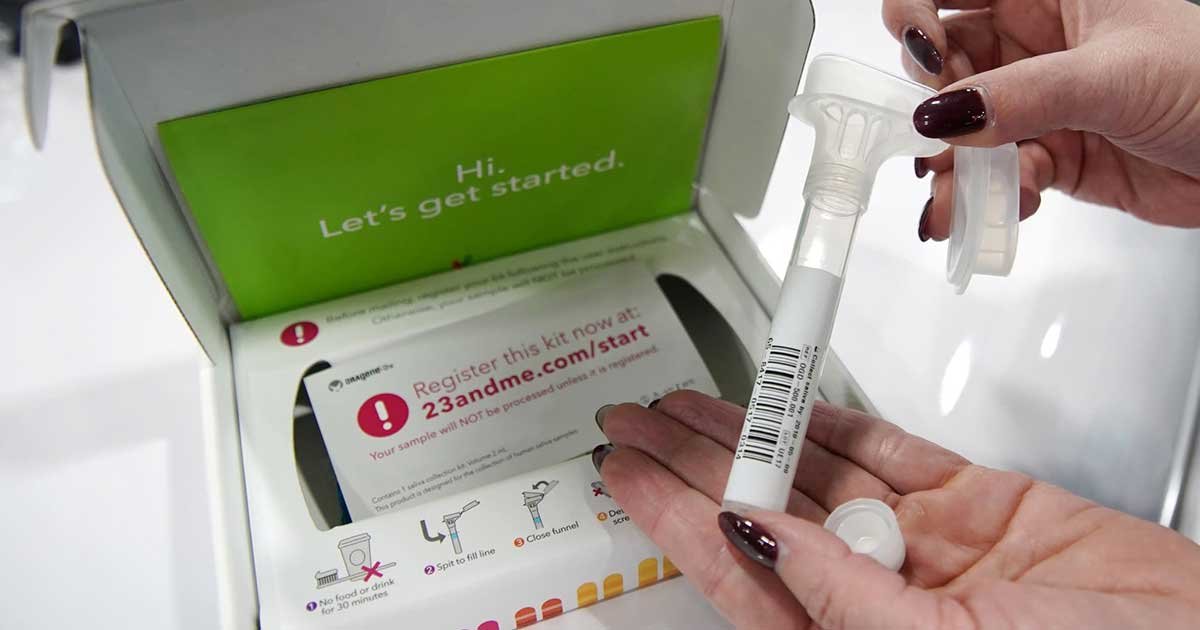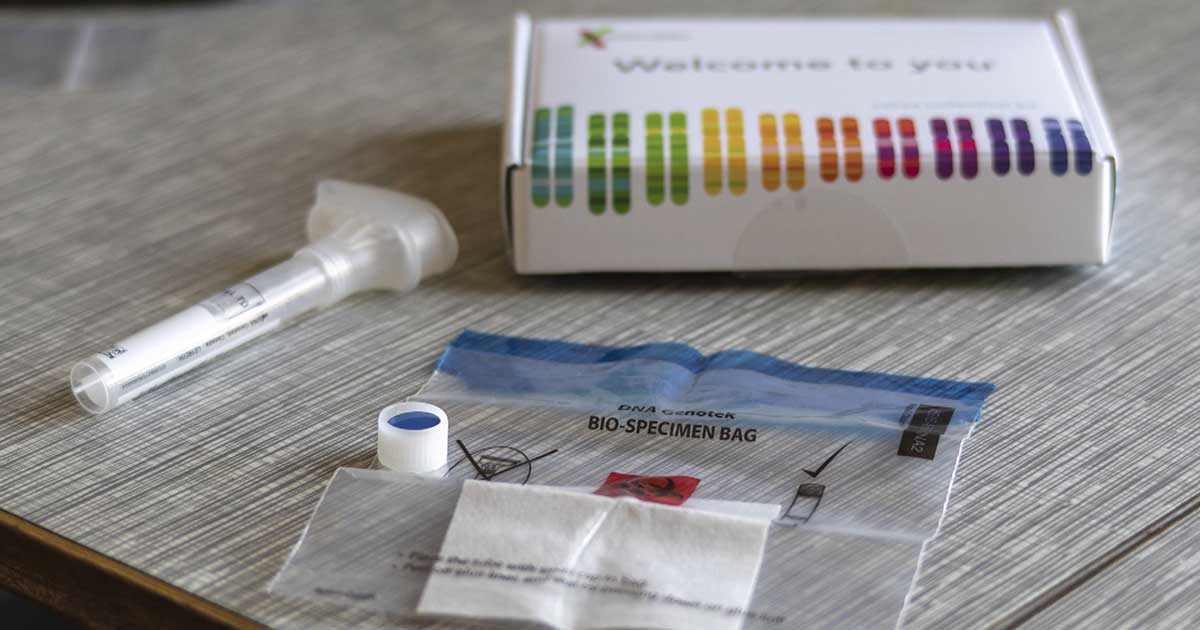Recent research shows differences in a gene that influences a person’s blood type may affect a person’s susceptibility to catch SARS-CoV-2.
Genetic testing giant 23andMe Inc. found that people with blood type O may less likely to contract COVID-19 by 9-18 per cent.
Preliminary results from more than 750,000 participants echo other research that has indicated a link between variations in the ABO gene and Covid-19.
They attest that these findings are notable because Covid-19 has been associated with blood clotting and cardiovascular disease.
23andMe CEO Anne Wojcicki said during an interview that she and others at her company became curious after learning how different people have such wildly different symptoms when infected with the SARS-CoV-2 virus.
In another statement, 23andMe said, “The study and recruitment are ongoing, with the hope that we can use our research platform to better understand differences in how people respond to the virus.”
“Ultimately, we hope to publish our research findings in order to provide more insight into Covid-19 for the scientific community.”
The company launched a study that sought to use the millions of profiles in its DNA database to shed light on the role genetics play in the disease, and among its findings report no difference between the O-positive and O-negative blood types.
Lead researcher on the 23andMe study Adam Auton said reports link Covid-19 to blood clotting, and cardiovascular disease.
“These reports provided some hints about which genes might be relevant,” he said.
These researchers are true after adjusting the data for factors like age and pre-existing illnesses, as well as when it restricted the data to only those with high-probability of exposure like health-care workers.
This is not the only study that backs these findings.
Scientists at Columbia University in New York found that only people with the O-positive blood type that were less likely to have a confirmed case of Covid-19.
Another research in China yields similar results, associating O blood group with a lower risk of acquiring Covid-19.




